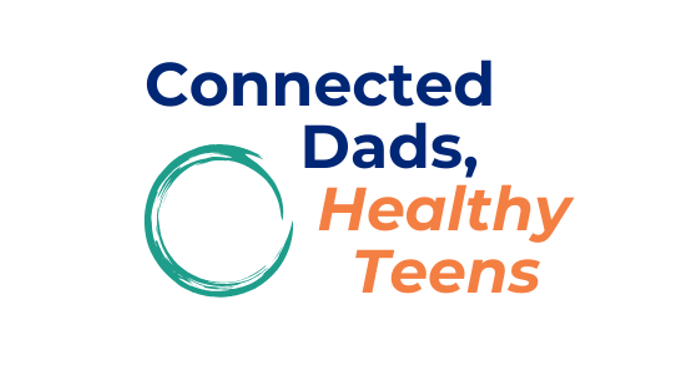
Research has shown that when fathers talk with their teens about sex, it can protect teens from risky sexual behavior. But few fathers actually talk with their teens about sex, and many of those who do report not talking very often. Most research on this topic focuses on mothers, and few interventions (i.e., educational programs) to promote parent-teen talk about sex are tailored for fathers. My research team and I wanted to change that: We wanted to develop a program that could effectively support fathers.
First, we needed a better understanding of fathers’ goals and challenges around talking with their teens about sexual issues and what they wanted a program to look like. Our study found that fathers were enthusiastic about the idea of a program that could guide them in these conversations. They wanted something more peer-based or interactive than most existing programs. They wanted the opportunity to share experiences and learn from other fathers with backgrounds similar to theirs. And they were interested not only in what to talk about, but how to talk about it, as well as when and how often.
Armed with this information, we developed a program called Connected Dads, Healthy Teens. It’s a four-week online program that involves animated online lessons for fathers and teens, interactive activities for fathers and teens, and an online peer support group for fathers. We wanted fathers and teens to be involved every step of the way, so we developed the program with the help of a family advisory board made up of fathers and teens who offered their advice on key topics and structure for the program.
Our goals for Connected Dads, Healthy Teens are to share accurate information about sex and relationships, give fathers and teens a chance to reflect on their own values, provide peer support for fathers’ talk with their teens, and increase fathers’ and teens’ comfort and ability to have conversations about sex and relationships. The program covers topics including healthy and unhealthy relationships, consent and readiness for sex, and sexual risk and protection.
We just finished our pilot program, where 50 pairs of fathers and teens tried out the Connected Dads, Healthy Teens program and shared their feedback on what they thought about it. We’ll use this feedback to make the program more effective going forward. With a program designed specifically for them, fathers can receive the support they need to have critical conversations that protect their teens’ health—and create stronger father-teen relationships along the way.
Jennifer M. Grossman, Ph.D., is a senior research scientist who leads the Family, Sexuality, and Communication Research Initiative at the Wellesley Centers for Women.
When you subscribe to the blog, we will send you an e-mail when there are new updates on the site so you wouldn't miss them.
Comments